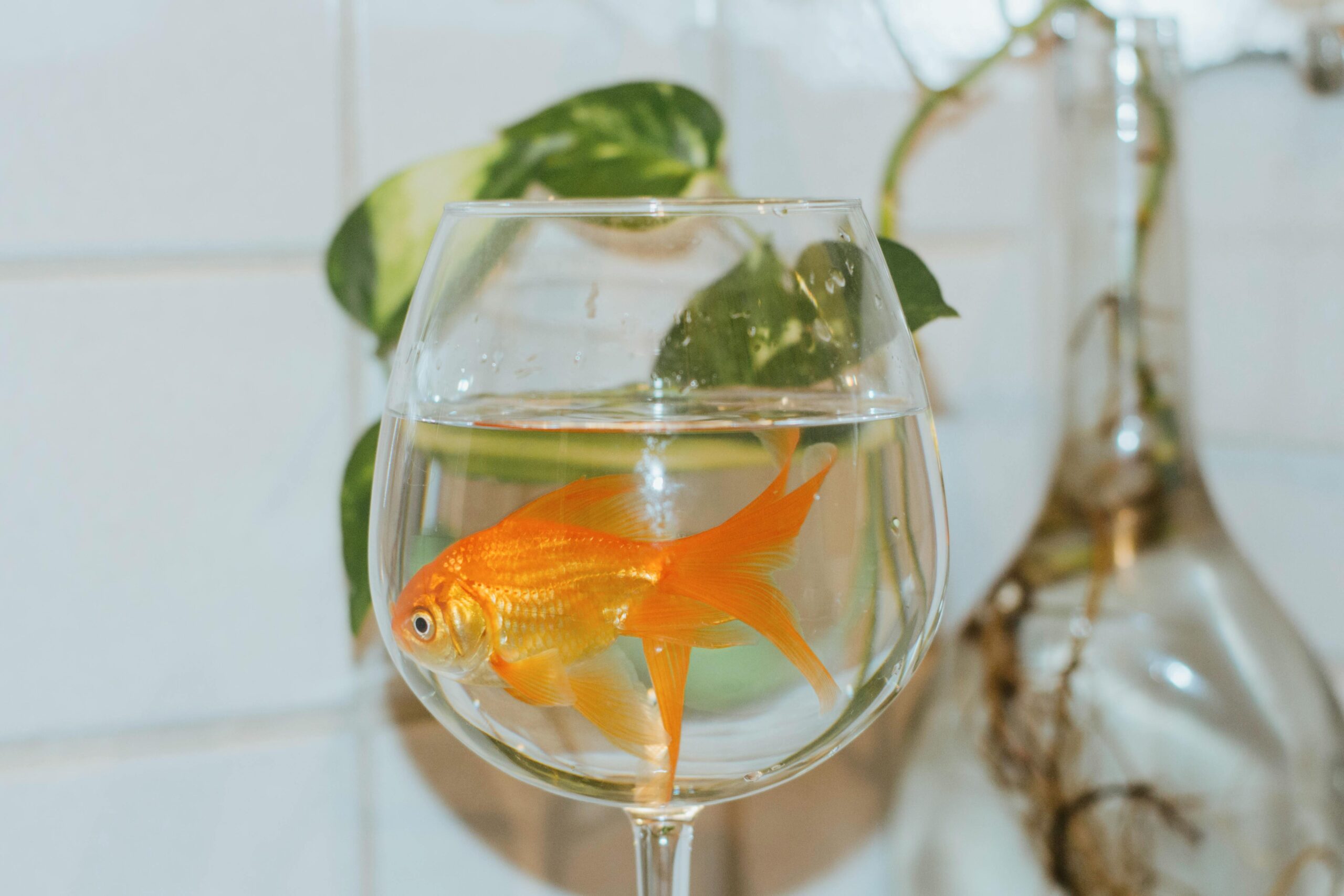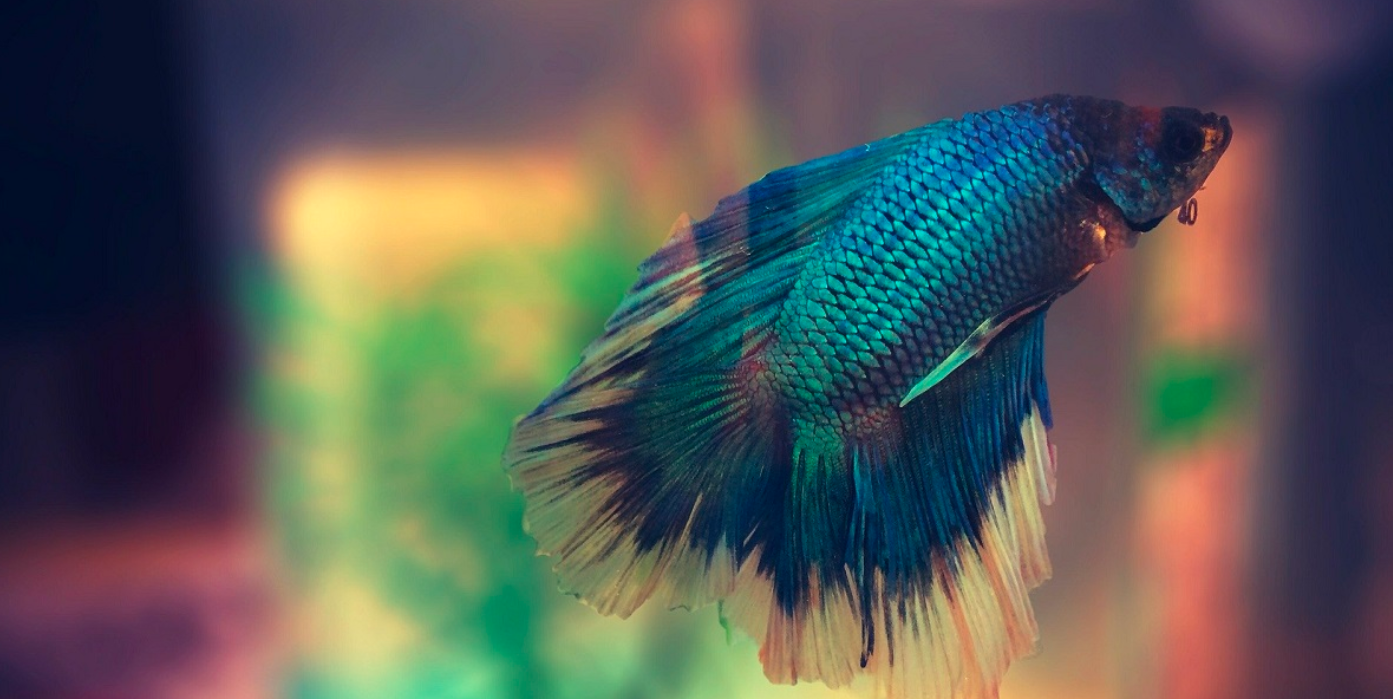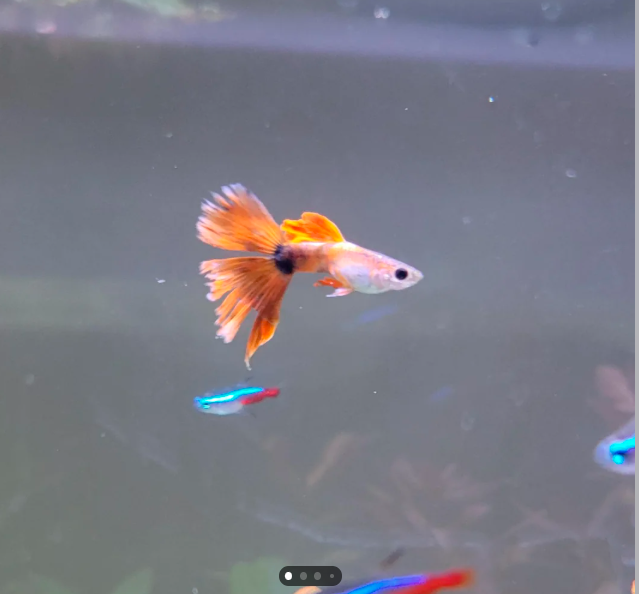Popped Bubble Eye Goldfish
Introduction to Bubble Eye Goldfish The unique and captivating appearance of the Bubble Eye Goldfish is often what makes it a favourite among aquarists.Characterised by their delicate eye sacs, these fish are particularly known for their vulnerability to injury, making the issue of a Popped Bubble Eye Goldfish a significant concern. Bubble Eye Goldfish are … Read more


